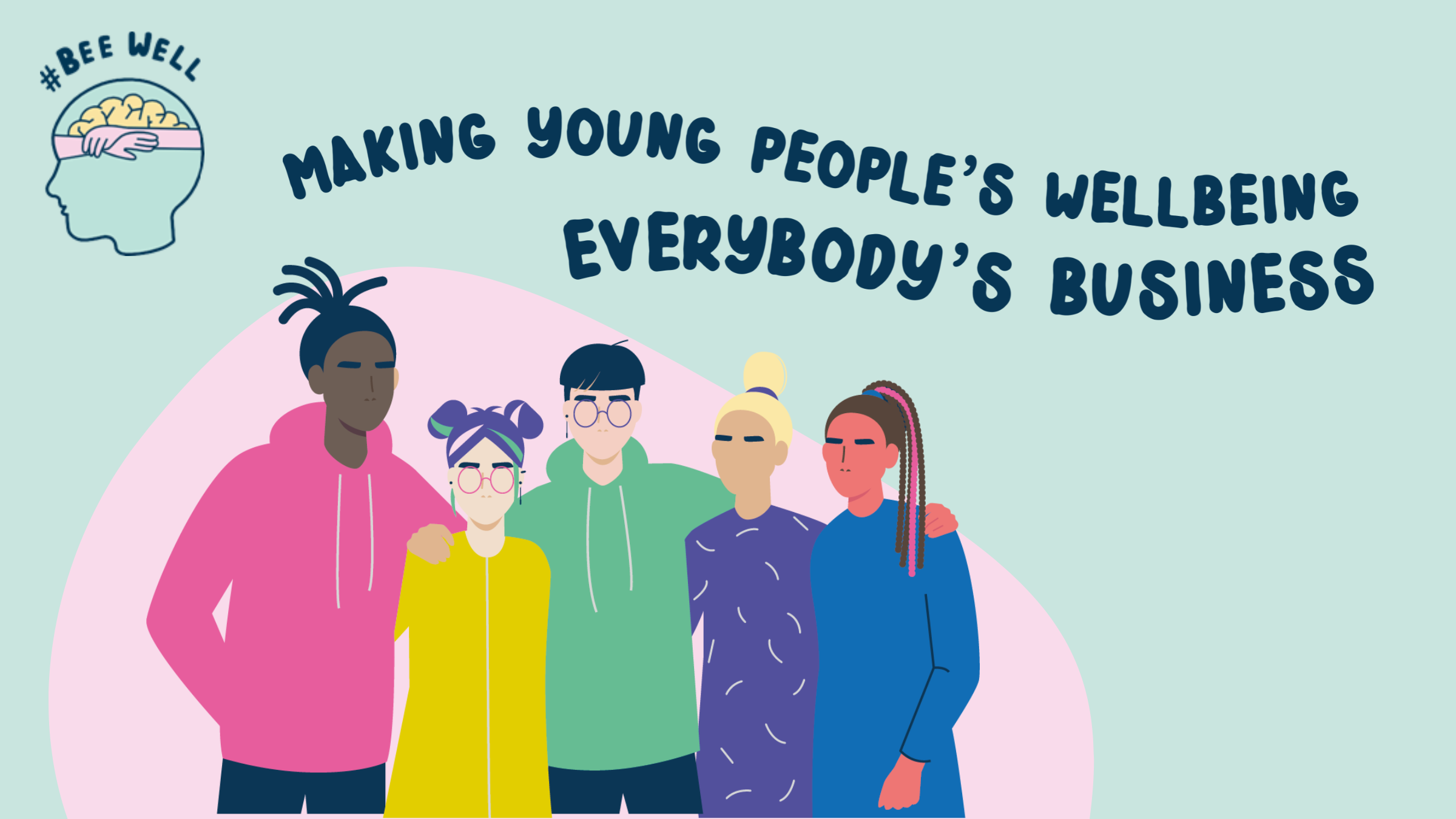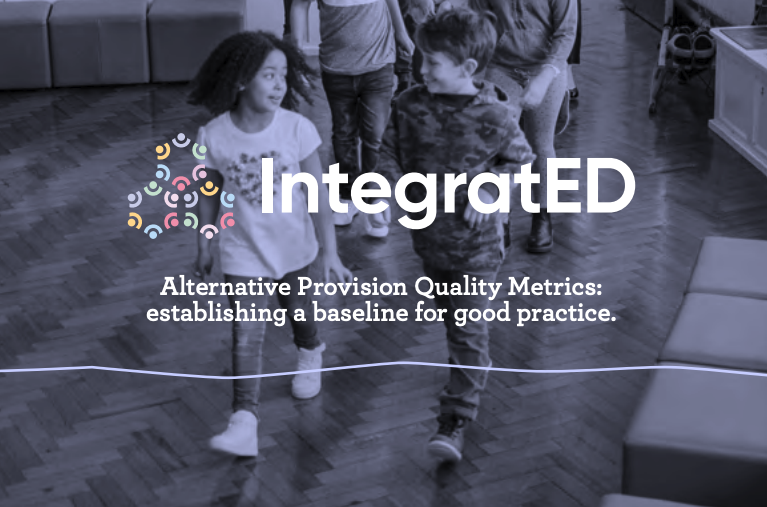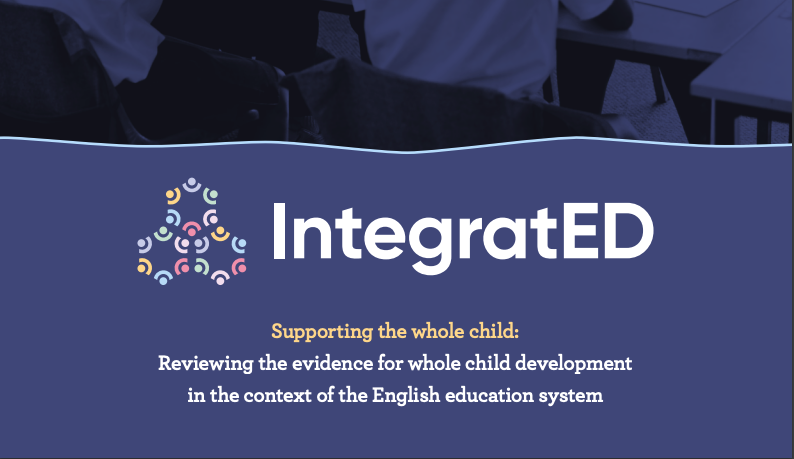
When the last Education Secretary, Gavin Williamson, was photographed in 2021 sat behind a vast desk with a whip purposefully in shot, it told us a great deal about the nature of public debate about education in the UK.
Discourse about education very often centres on ‘firm action’ and discipline. And when the focus is children who are excluded (i.e. suspended or expelled) from education, firm action and discipline are rarely out of the conversation.
Last year at FrameWorks, with support from the Porticus Foundation, we conducted research to explore how we might shift this conversation to persuade politicians and education leaders to embrace inclusive practices that can actually improve learning and behaviour and reduce exclusions.
To determine which frames might work to shift the conversation, we first had to understand how people currently think about exclusion and the young people at risk of exclusion. The research revealed the mental shortcuts – the mindsets – that dominate thinking about young people and educational exclusion. With this knowledge, we can change our communications so that we can tap into ways of thinking that help people recognise the need for reform and dodge the mindsets that stand in the way of change.
Before we share our top recommendations from this research, it’s important to say that we found that advocates must make the case that current educational exclusion practices are a problem that needs solving.
While there is strong consensus among advocates for young people that rates of unnecessary exclusion are too high and that they are harmful to the young people themselves and wider society, there is not widespread acceptance of this among the public. Advocates need to keep talking about unfair cases of exclusion and highlight how exclusion is used in place of practices that produce better outcomes. With this in mind, here are three further recommendations for communications about exclusions:
- Lead with the systems that need to change and show how
What you say first matters most, so lead with the policy and practice issues that need fixing in the education system.
Talk about issues like assessment policies or funding cuts - not student behaviour. Explain how these problems lead to unfair cases of exclusion and how addressing them will improve children’s learning.
Focussing on misbehaviour is likely to reinforce the idea that ‘problem students’ are the issue.
2. Don’t trigger criminal thinking
Avoid language that triggers unhelpful parallels between school discipline and criminal justice system in people’s minds like ‘offender’, ‘deterrence’, ‘punishment’, ‘crime’.
And if you want to talk about increased crime as one of the consequences of exclusions, then be sure to take about the consequences on health and economic prosperity at least as often to avoid reinforcing criminal justice thinking.
For example, explain the benefits of fewer unnecessary exclusions, showing how this increase prosperity or better health outcomes for young people.
3. Offer concrete solutions to systemic discrimination
Be clear about how school policies and practices make low-income and Black and minority ethnic students more likely to be excluded from school. For example, explain how failure to provide nutritious food can disrupt focus on learning and how dress codes can be discriminatory.
Be clear about solutions too and provide step-by-step explanations of how these solutions would improve learning and reduce exclusions. For example, talk about rewriting codes of conduct to eliminate discriminatory regulations about uniforms and hairstyles or ensuring there is diversity on school governing bodies and among teaching staff.



